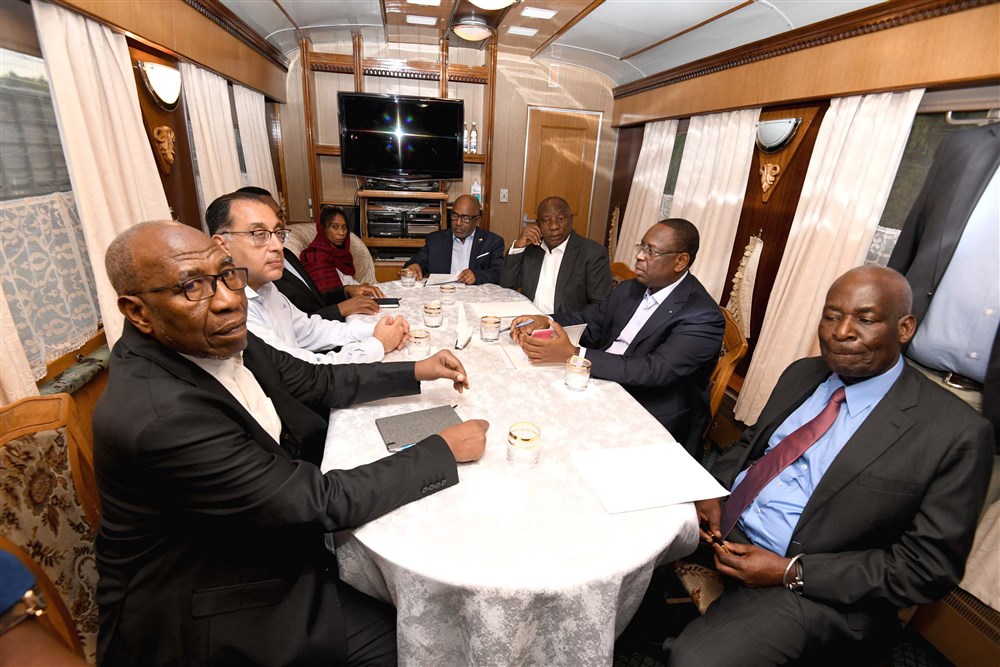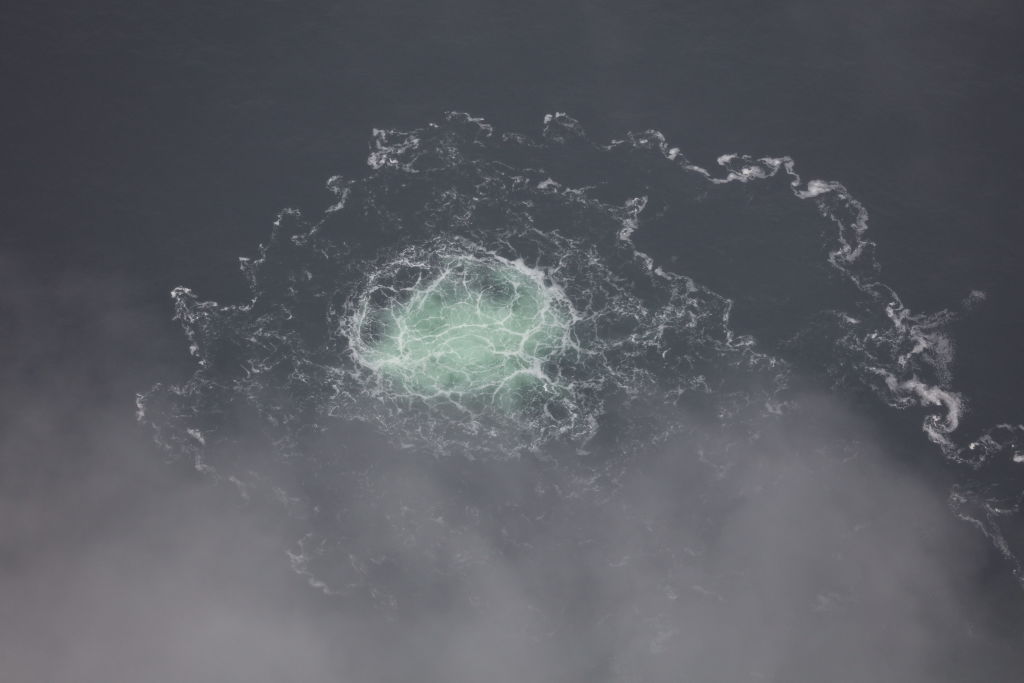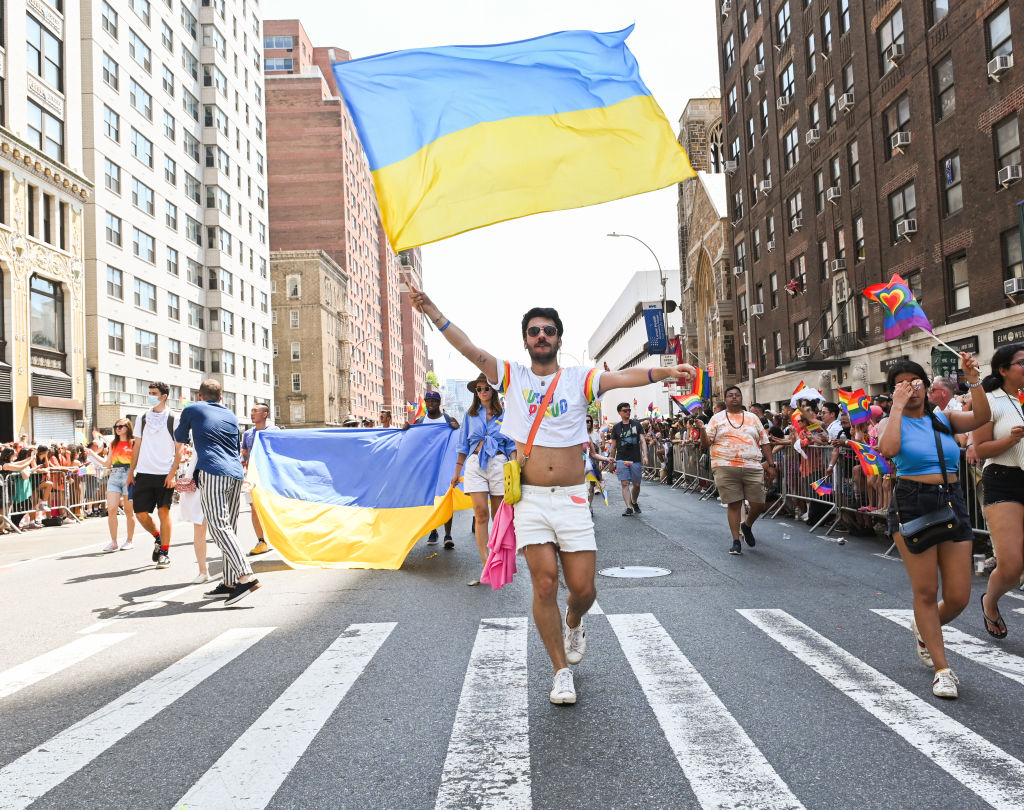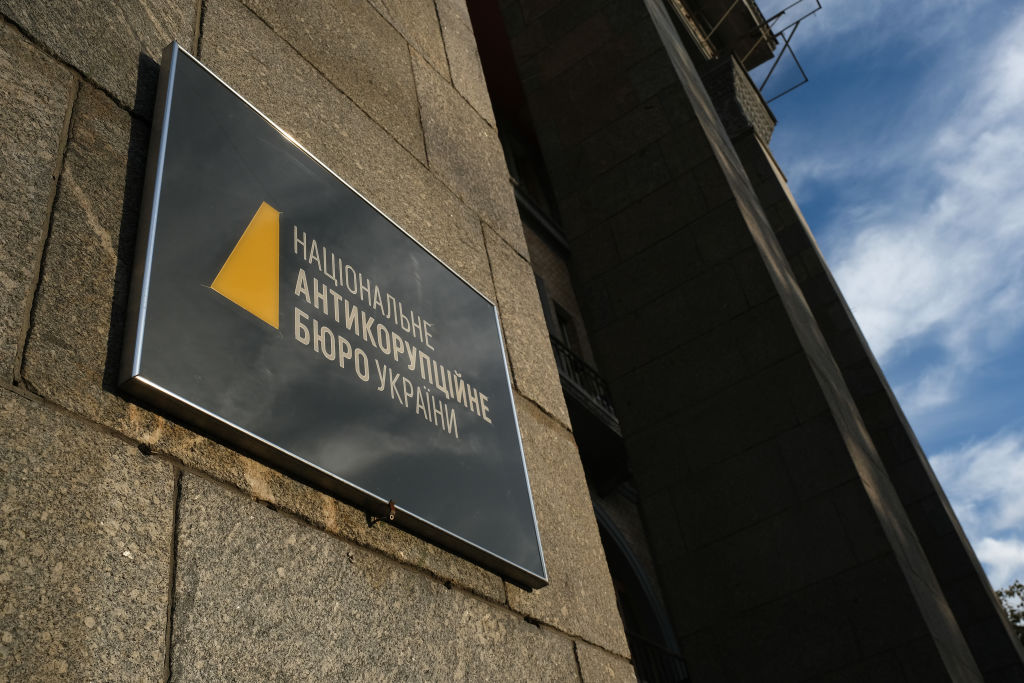European Union leaders at the European Council summit in Brussels on June 30 declared their long-term commitment to bolster Ukraine’s security, condemning Russia’s war against the country.
In the early hours of Friday morning, the Council agreed to provide sustainable military support to Ukraine for “as long as it takes”. It also encouraged Ukraine to meet the required conditions for EU accession, thereby sending a clear political signal to Kyiv and Moscow.
To meet its pledges, the European defence sector will need to be “strengthened”, the Council agreement states. In this regard, “further steps” will need to be taken to produce more ammunition, notably via the Act in Support of Ammunition Production.
The Council also called on the European Commission to present a proposal for a European Defence Investment Programme to boost capacity and bolster the resilience of European defence technology and its industrial base, including SMEs.
The Council proposals were reportedly put forward by France, which has long been pursuing a greater role in EU security and defence.
The language of the agreement remained rather vague, being to a large extent repetition of earlier promises and declarations. The overall intention was to replace the ad hoc approach to Ukraine with long-term support.
“It’s important that we consult and say we’re ready to hold on for the long term, with financial and humanitarian support that’s necessary for Ukraine but also when it comes to weapons,” said German chancellor, Olaf Scholz.
The apparently careful wording employed by the Council was, say observers, due to the fact that not all countries are equally committed to Ukraine, most notably Hungary. At the same time, other countries favour dealing with security matters under the umbrella of NATO, with the backing of the US.
The EU and its Member States say they will intensify diplomatic outreach efforts and continue to cooperate with Ukraine and other countries. That is designed to ensure the widest possible international support for the key principles and objectives of Ukraine’s peace formula, possibly via a global peace summit.
European leaders also expressed their support for the International Centre for the Prosecution of the Crime of Aggression against Ukraine. The creation of that organisation is intended to enable Ukrainian prosecutors to investigate crimes of aggression perpetrated by its attackers.
The European Council meeting is taking place two weeks before a NATO summit in Vilnius, Lithuania, where the war in Ukraine and the enlargement of the NATO alliance will be discussed.
The tumultuous events in Russia last weekend will also be addressed; a mercenary band of fighters used by Russia, called PMC Wagner, seemingly mutinied before accepting a Moscow deal to relocate to Belarus.
Those events have raised security questions for the Atlantic alliance and for the EU Member States. Considerations range from the direct consequences on the Ukrainian front to possible impact in Belarus and even Africa, where the Russian mercenaries continue to wreak havoc.
Relating to the apparent uprising that seemed to challenge the standing of Russian President, Vladimir Putin, the EU foreign policy chief, Josep Borrell, warned: “A weaker Putin is a greater danger. So we have to be very much aware of the consequences.”
During the Council meeting, Ukrainian President, Volodymyr Zelensky, thanked the EU leaders for continued sanctions against Russia and underlined the value of European unity and cooperation.
“If solidarity continues to work, if our security and economic cooperation is not broken by artificial and illegal restrictions, if Europe’s long-term and principled decisions continue to send signals to the world that Europe believes in peace, then this war will definitely not drag on,” he said.
Історія демонструє, що невдалі агресії завжди роблять диктатури слабкими. Власне, це ми зараз і бачимо в Росії – бачимо таку потрібну нам їхню слабкість. Що більш слабкою буде Росія та що більше її господарі боятимуться заколотів і бунтів, то більше вони боятимуться дратувати нас… pic.twitter.com/Ksr8GUliU9
— Volodymyr Zelenskyy / Володимир Зеленський (@ZelenskyyUa) June 29, 2023





